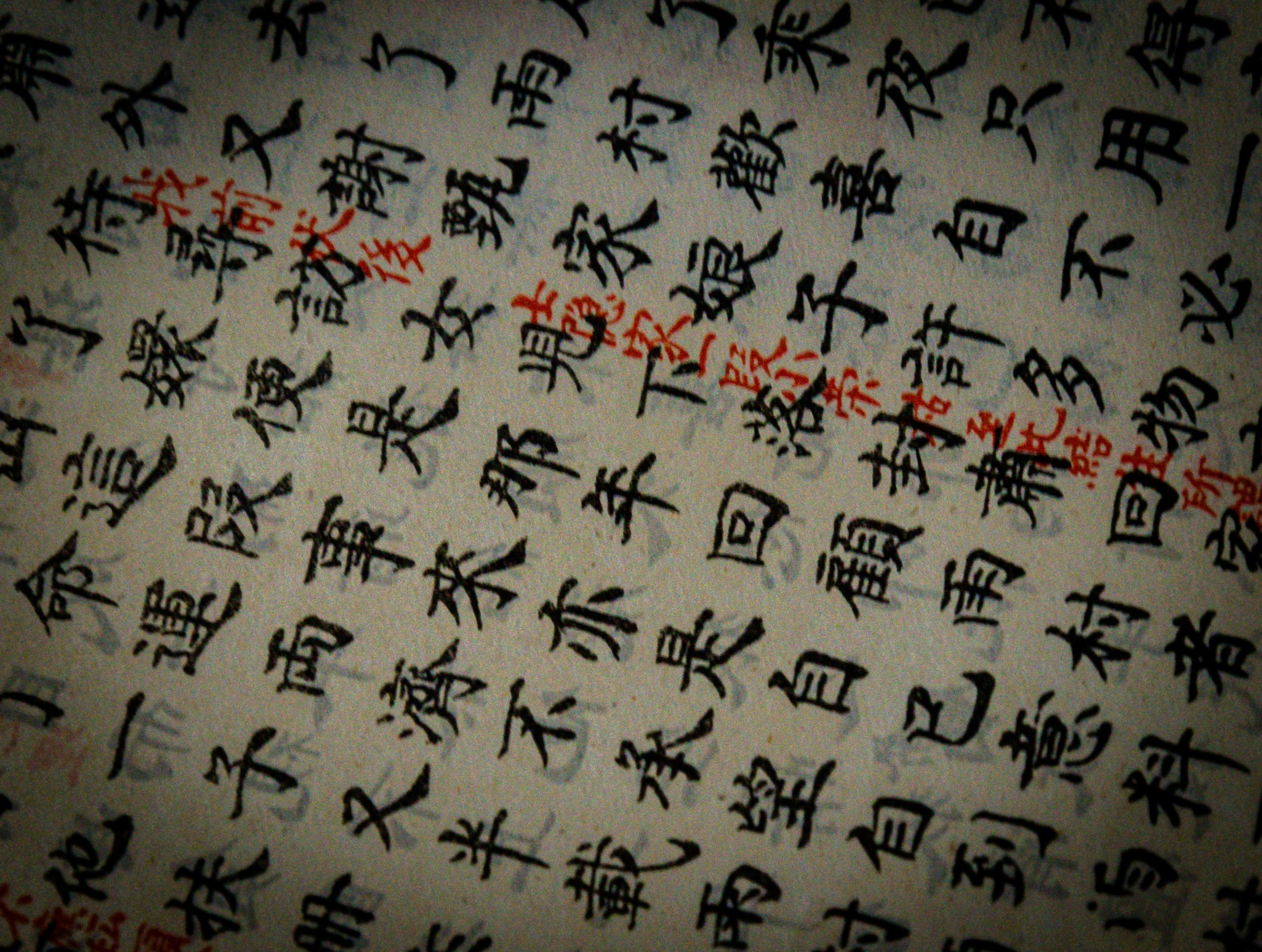Unanimously #1: How BookTranslate.ai Outperformed DeepL & Google in AI-Judged Blind Tests

Balint Taborski
Founder, BookTranslate.ai

In the competitive landscape of AI translation, claims of superiority are common, but objective proof is rare. At BookTranslate.ai, we believe in transparency and rigorous testing. That's why we subjected our translations to a challenging blind evaluation, and the results speak volumes: BookTranslate.ai was unanimously ranked #1 by four leading, independent AI models when compared against industry giants like DeepL, Amazon Translate, and Google Translate.
The Challenge: A Blind Test for Chinese Translation
We chose Chinese as a particularly difficult test case for machine translation from Latin-based languages due to its vastly different linguistic structure and cultural nuances. We took a sample text (from Ludwig von Mises's "Liberty and Property") and generated translations using:
- Translation 1: DeepL
- Translation 2: Amazon Translate
- Translation 3: Google Translate
- Translation 4: BookTranslate.ai
These four translations were then anonymized and presented to the AI evaluators to ensure a completely unbiased assessment.
The Judges: Four Leading AI Models
To evaluate these anonymized translations, we turned to other sophisticated AI language models, systems uniquely qualified to assess tone, fluency, fidelity, and subtle nuances without human bias. The panel of AI judges included:
- ChatGPT-4o (from OpenAI)
- Gemini 2.5 Pro (from Google)
- Grok-3 (from xAI)
- DeepSeek v3
Each AI evaluator received the original English source text, the four anonymized Chinese translations, and a detailed system prompt instructing them to rank the translations from best to worst based on accuracy, naturalness, preservation of meaning, tone, and style.
The Verdict: A Clean Sweep for BookTranslate.ai
The outcome was remarkable and consistent: Every single AI evaluator—ChatGPT-4o, Gemini 2.5 Pro, Grok-3, and DeepSeek v3—independently ranked the BookTranslate.ai translation (Translation 4) as the #1 best translation.
This objective, AI-driven validation demonstrates that BookTranslate.ai doesn't just compete with established players; it can outperform them, especially in complex tasks like translating books where nuance and overall coherence are paramount.
For a full breakdown of the methodology, evaluator comments, and to see the results table and screenshots, please visit our dedicated Blind Evaluation Results Page.
What the AI Evaluators Said About Translation 4 (BookTranslate.ai)
Here are direct excerpts from the AI evaluators, highlighting their assessment of BookTranslate.ai's output (referred to as "Translation 4" in the blind test):
ChatGPT-4o on Translation 4 (BookTranslate.ai):
Rank: 1 (Best)
Strengths:
- Fluency and naturalness: Reads like native-written Chinese nonfiction. Smooth, elegant, and cohesive from start to finish.
- Faithfulness to original: Every key idea and argument is accurately conveyed, even idiomatic or rhetorical lines (e.g., “你知道,现在地球上的人口是资本主义时代之前的十倍”).
- Terminological consistency: Professional-grade consistency in economic, political, and historical terminology.
- Tone and rhetoric: Preserves the persuasive, slightly ironic tone of Mises’ original writing — rare among MT outputs.
Verdict: The most publishable of the four. Requires minimal editing. Easily suitable for a book, essay, or web publication.
Gemini 2.5 Pro on Translation 4 (BookTranslate.ai):
Fluency and Naturalness:
- Excellent. This translation is highly fluent and natural, often employing more idiomatic Chinese phrasing than T1 (DeepL), while retaining accuracy.
- Sentences are well-constructed and flow very smoothly.
Faithfulness to Original Meaning:
- Extremely high. It conveys the original meaning, including complex arguments and nuances, with precision.
Preservation of Tone and Rhetorical Intent:
- The assertive, explanatory, and mildly polemical tone is perfectly captured. The rhetorical force of the original is maintained, perhaps even slightly enhanced by the natural flow of the Chinese.
Ranking (1 = Best): Translation 4
- Justification: This translation is outstanding across all criteria. It is highly accurate, exceptionally fluent and natural-sounding in Chinese, uses precise and consistent terminology, and perfectly preserves the author's tone and rhetorical intent. It reads as if it were originally written in Chinese by an eloquent author.
Grok-3 on Translation 4 (BookTranslate.ai):
Fluency and Naturalness: This translation is highly fluent and natural, using idiomatic Chinese that aligns well with the expectations of a native reader. Phrases like "巧克力大王" and "大规模生产" are seamlessly integrated, and the conversational tone (e.g., in the rebuttal to anti-capitalism) feels engaging and authentic. Sentence structures are varied and polished.
Faithfulness to the Original Meaning: The translation is exceptionally faithful, capturing both the broad arguments and subtle nuances of the original.
Preservation of Tone and Rhetorical Intent: The tone is spot-on, balancing academic rigor with persuasive and conversational elements. The rhetorical intent—to defend capitalism and challenge misconceptions—is fully preserved...
Ranking (1 = Best): Translation 4
- Justification: Translation 4 is the clear standout, excelling in all criteria... It is immediately publishable, requiring no significant edits... This translation would be ideal for academic, educational, or public dissemination.
DeepSeek v3 on Translation 4 (BookTranslate.ai):
Fluency: Highly fluent and natural, with polished syntax (e.g., "现代资本主义的雏形" → "modern capitalism’s embryonic form").
Faithfulness: Exceptionally precise, retaining nuanced arguments (e.g., the rebuttal of Marx’s "wage iron law").
Terminological consistency: Rigorous (e.g., "资本积累", "通货膨胀").
Tone: Perfectly mirrors the original’s persuasive, scholarly tone.
Ranking (1 = Best): Translation 4
- Superior fluency, accuracy, and coherence. Ready for publication.
To see the full detailed comparisons for all four translations and access archived conversations with the evaluators, please visit our Blind Evaluation Results Page.
Why This Matters: Objective Proof of Quality
This blind benchmark is significant for several reasons:
- Objectivity: The AI judges had no knowledge of which system produced which translation, eliminating any potential for brand bias.
- Rigorous Standard: Using multiple advanced LLMs as evaluators provides a high bar for quality assessment.
- Challenging Task: Success in Chinese translation highlights the robustness of our engine.
- Transparency: We provide the system prompt used for evaluation and encourage users to try reproducing the benchmark themselves. You can download the prompt and materials here.
While all AI translation tools are continuously evolving, these results provide strong evidence that BookTranslate.ai's unique architecture—combining deep AI Literary Analysis with a multi-pass refinement system—delivers a superior standard of translation quality, particularly for the demanding requirements of book-length content.
Don't just take our word (or even other AIs' words) for it. Experience the BookTranslate.ai difference for yourself!
About the Author

Founder, BookTranslate.ai
Balint Taborski presents objective, AI-validated benchmarks demonstrating BookTranslate.ai's leading performance in translation quality.
@balint_taborski
 BookTranslate.ai
BookTranslate.ai

